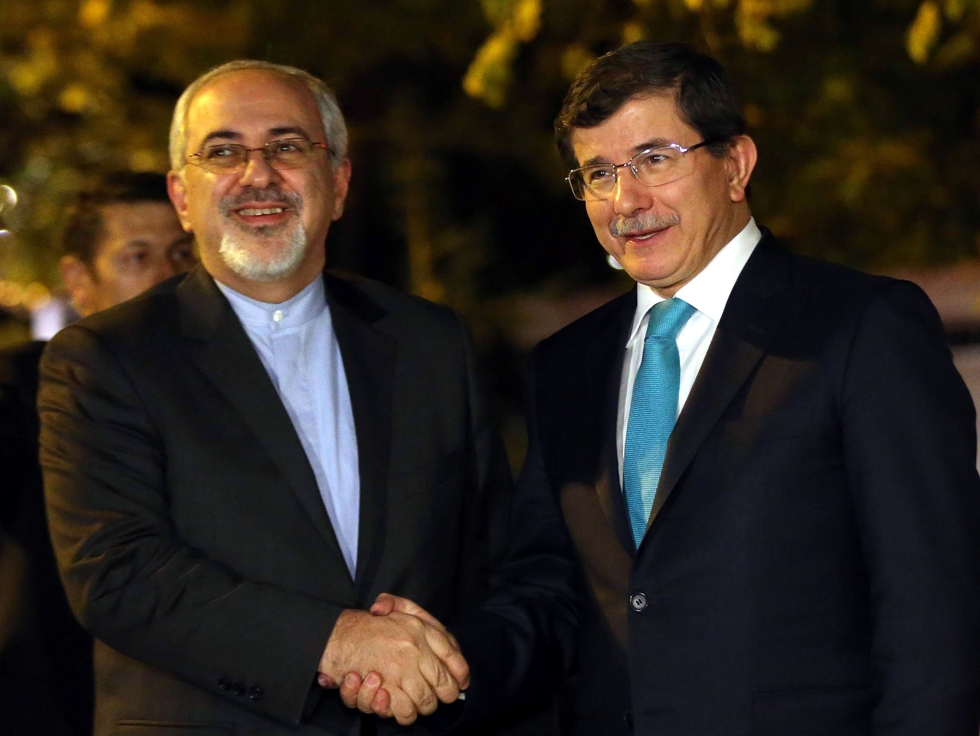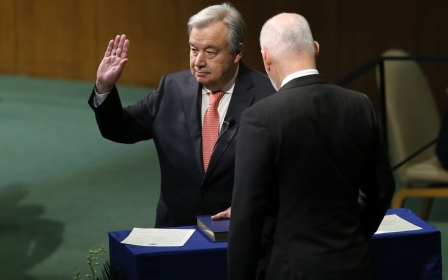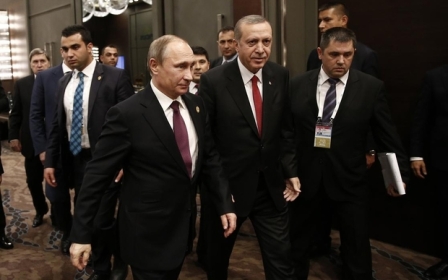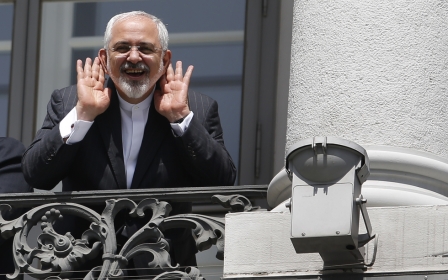Turkey and Iran held secret Syria transition talks, says report

Turkey and Iran held secret negotiations over a ceasefire and peace plan in Syria in 2013 and 2016, but the talks broke down over the role of Syrian President Bashar al-Assad in a future transitional government, according to a report released Tuesday.
The International Crisis Group (ICG) interviewed top officials in their report titled Turkey and Iran: Bitter Friends, Bosom Rivals.
It stated that three months after Iranian President Hassan Rouhani’s election, Tehran approached Ankara with a peace plan that was reportedly drafted in consultation with General Qassem Suleimani, the ubiquitous head of the Quds Force, part of Iran’s elite Revolutionary Guard Corps (IRGC).
The proposal was to implement a ceasefire, then a national unity government followed by political reforms limiting the powers of the presidency. According to the plan, presidential and parliamentary elections would follow under UN supervision.
The proposal was discussed in secret and at length by Iranian foreign minister Mohammad Javad Zarif and then-Turkish foreign minster Ahmet Davutoglu.
“We agreed on every detail, except a clause in the final phase of the plan which called for UN-monitored elections. Turkish leaders wanted Assad barred,” Zarif told the ICG.
“I noted that this should not be a concern in an internationally monitored election, particularly if, as Turkey holds, Assad has a dreadful record and a minority constituency. But Davutoglu refused... and our efforts came to naught.”
Turkey’s position on Assad was grounded in two principles: that the Syrian president would not accept any transition that would weaken his powers, and that his military defeat was sure.
“Our government did not pursue an agreement with Iran because it thought Assad would be toppled in a few months,” then-Turkish president Abdullah Gul told the ICG.
“From Ankara’s perspective, Assad’s battlefield losses would remove the need to compromise or at least improve a deal’s terms,” the ICG commented in their report.
The failed round of secret negotiations received a brief breath of life in 2016 after the attempted coup in Turkey, when Iran quickly declared its support for Turkish President Recep Tayyip Erdogan.
The slight thaw in relations that followed was then cut short by Turkey’s intervention in northern Syria through its Operation Euphrates Shield, which aimed at clearing northern Syria from Islamic State and Syrian Kurdish YPG militants.
“Iranian officials expressed surprise Turkey had not notified them of the operation [Euphrates Shield] despite the presence of a senior Iranian official in Ankara the day before,” the ICG reported.
“Turkey may have feared that Iran would tip off the YPG,” the report continued, underlining the mutual distrust between Ankara and Tehran.
Iran has been a staunch supporter of Assad, sparing no expense in propping him up through military aid and the organisation of pro-Assad Shia militias from across the region.
Turkey, on the other hand, backed the peaceful protests in Syria in 2011 and the subsequent rebel groups who took up arms against the government following its crackdown that led to civil war.
Middle East Eye propose une couverture et une analyse indépendantes et incomparables du Moyen-Orient, de l’Afrique du Nord et d’autres régions du monde. Pour en savoir plus sur la reprise de ce contenu et les frais qui s’appliquent, veuillez remplir ce formulaire [en anglais]. Pour en savoir plus sur MEE, cliquez ici [en anglais].




